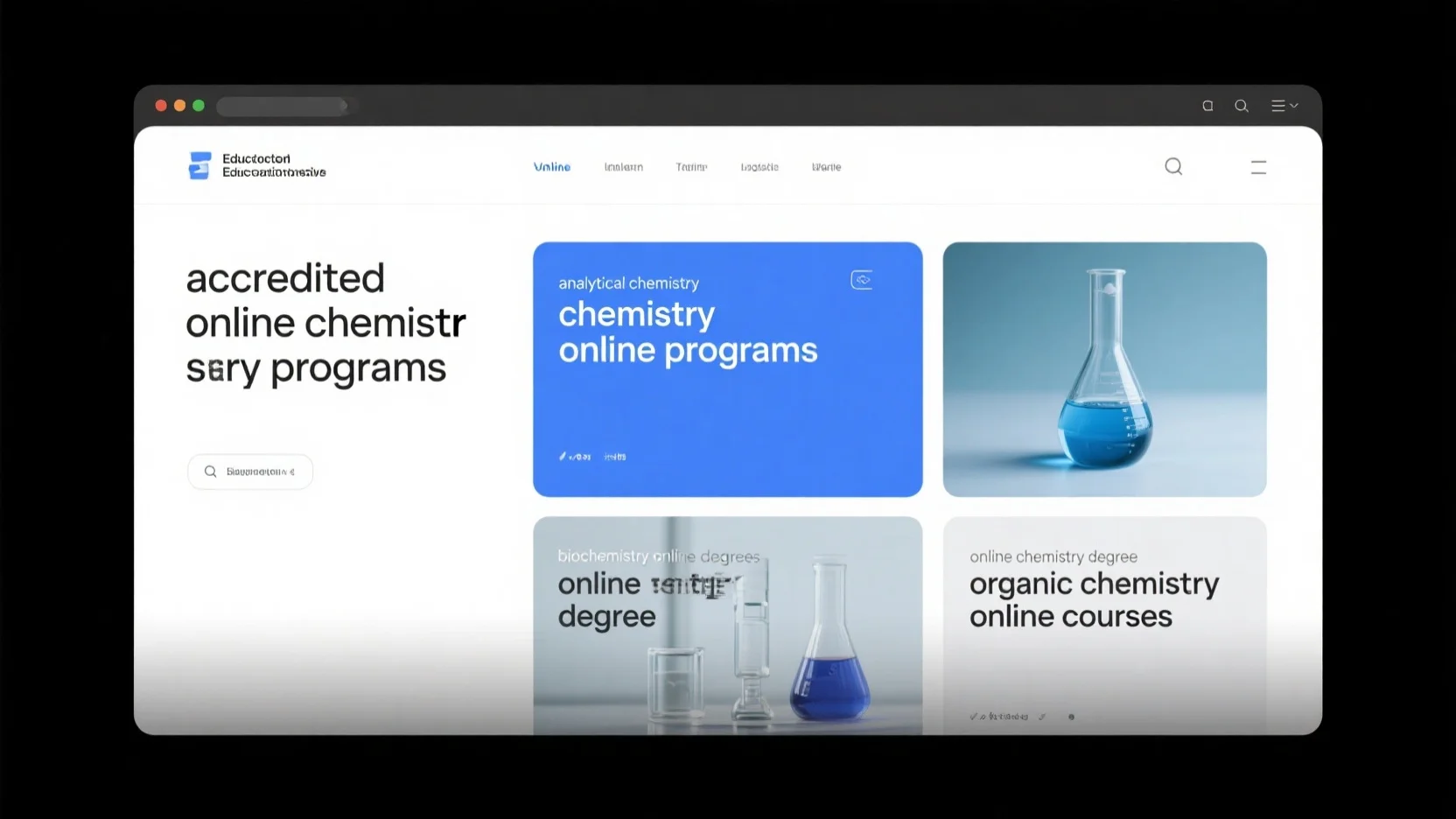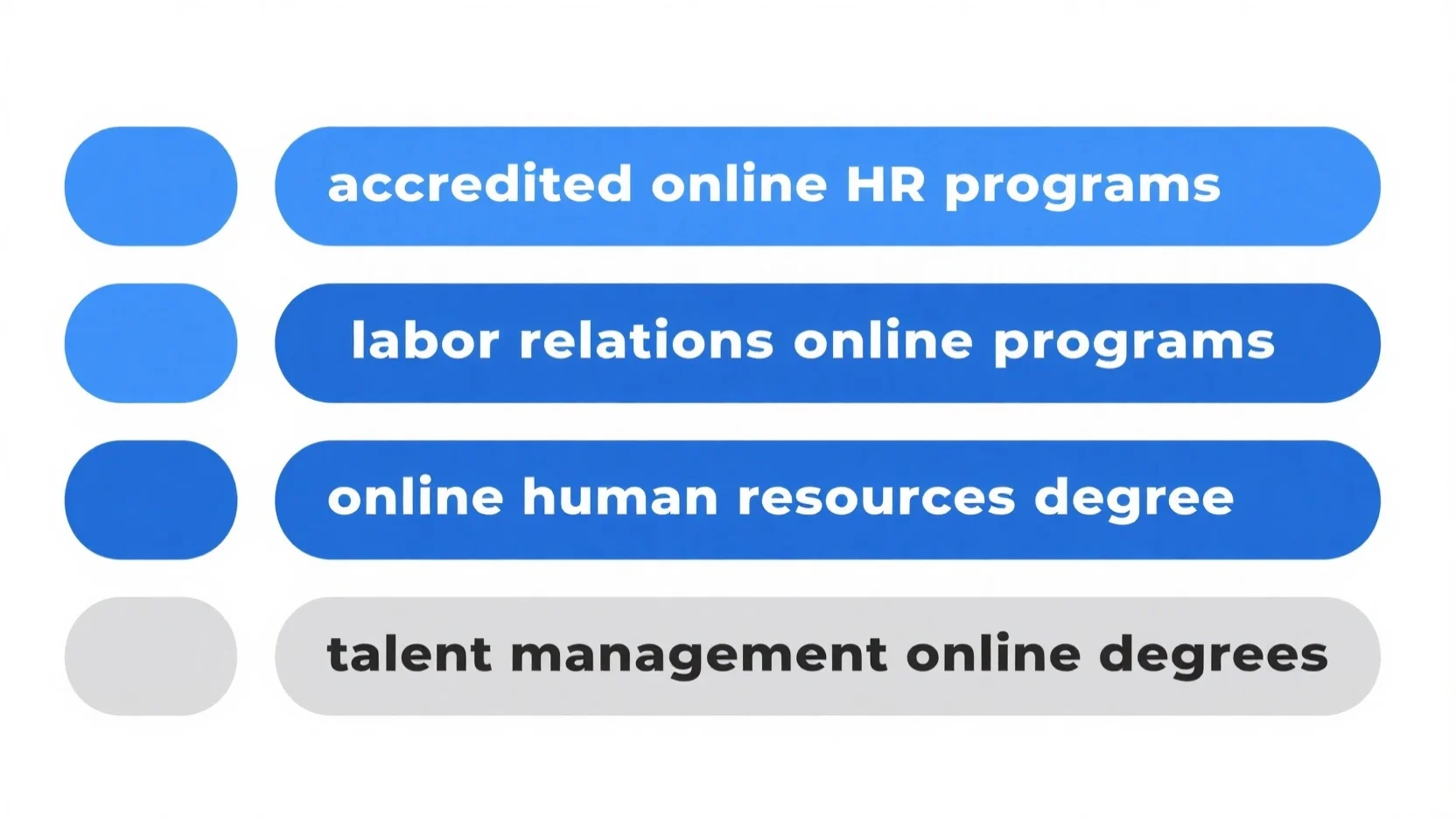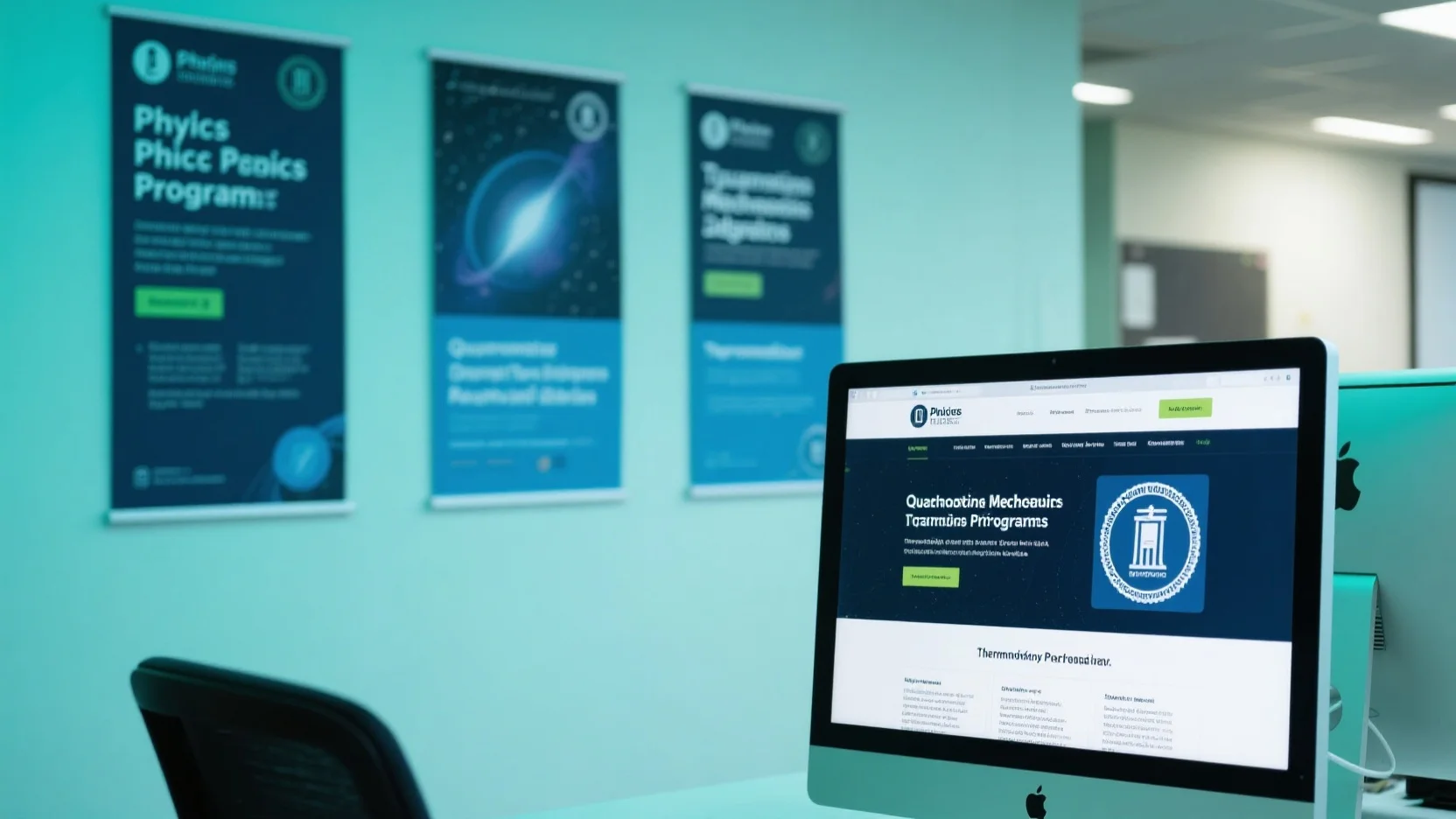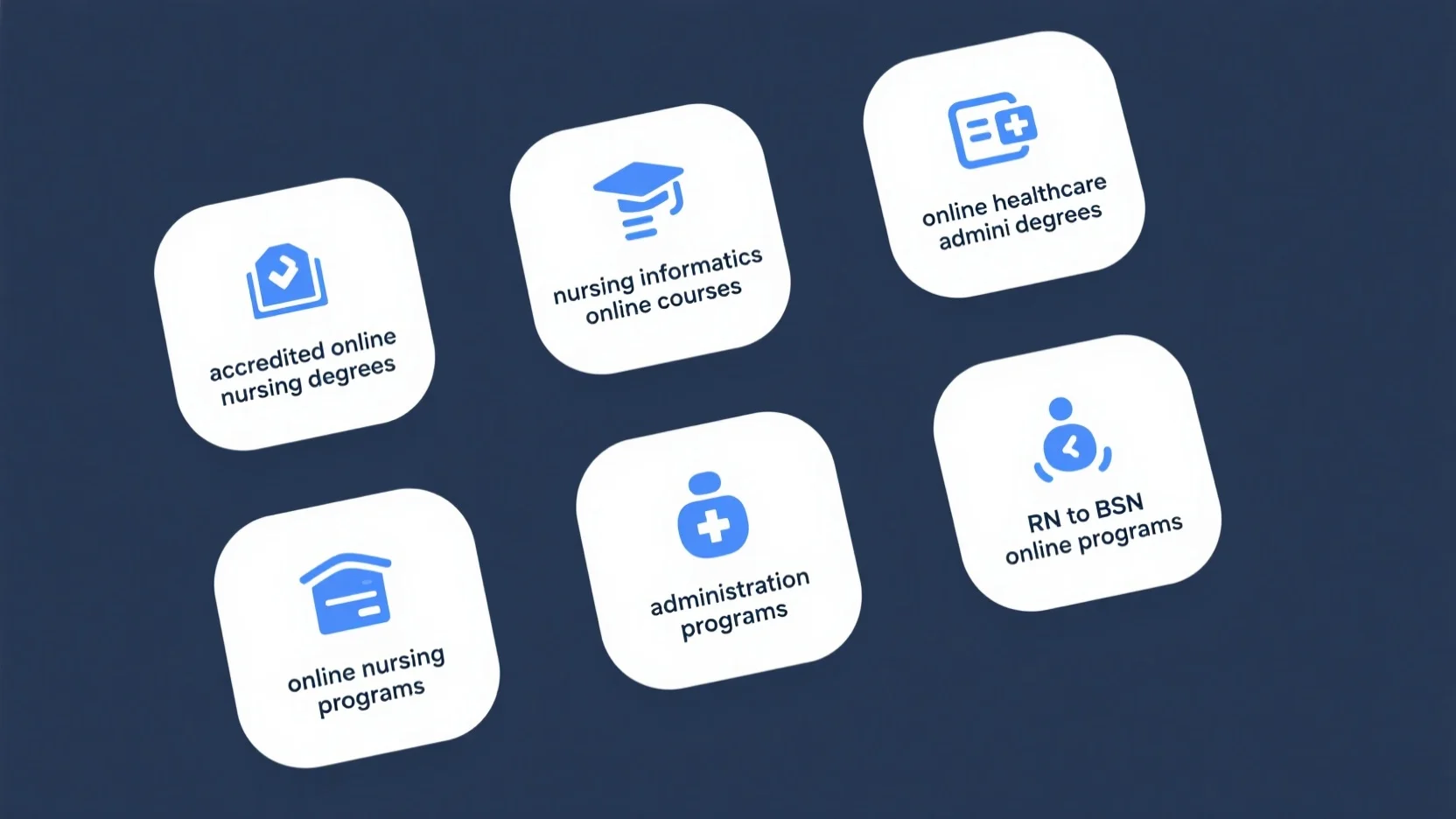In today’s competitive job market, an accredited online chemistry degree can be a game – changer. As per Forbes and the American Chemical Society, proper accreditation is vital for employer recognition and further education. Online chemistry degrees are booming, offering a flexible alternative to traditional learning. Compare premium accredited programs with counterfeit, unaccredited ones to ensure high – quality education. With a 30% increase in enrollments in the past five years (SEMrush 2023 Study), it’s an urgent time to invest. Enjoy Best Price Guarantee and Free Installation Included offers on select programs. Find the perfect local program now!
General overview of online chemistry degrees
Did you know that as of the end of the 2023 – 24 academic year, there was only a small difference in the number of schools offering degrees in biology and chemistry? This close competition highlights the significance of chemistry education in the academic landscape. In the era of digital learning, online chemistry degrees are becoming increasingly popular.
Accredited programs
Accreditation bodies
Accreditation is a crucial factor when choosing an online chemistry degree. Proper accreditation ensures that the program meets high – quality standards and is recognized by employers and other educational institutions. According to Forbes (August 10, 2022), "Proper accreditation should be a critical factor in any college search, especially if you want to continue your education after graduation. Most graduate programs require candidates to hold undergraduate degrees from accredited colleges. Moreover, employers value degrees from accredited institutions more highly." Some well – known accreditation bodies in the chemistry field include the American Chemical Society (ACS). The ACS has a list of approved chemistry programs, and you can use an interactive map to find colleges and universities across the United States offering these accredited programs (American Chemical Society, Chemistry for Life). Additionally, ABET is another organization that accredits relevant programs. You can use the ABET – Accredited Program Search tool to find accredited programs easily.
Pro Tip: When researching online chemistry programs, always verify the accreditation status. It can be the difference between a degree that is widely accepted and one that may face limitations.
Admission requirements
Admission requirements for online chemistry degrees vary by institution. Generally, a bachelor’s degree in science with undergraduate chemistry courses is often required. For example, many programs ask for typically one year of general chemistry, one year of organic chemistry, and one semester of calculus from a regionally accredited U.S. college or university or equivalent. A GPA (or equivalent) of 3.0 or better in the most recent degree program is also common. Some programs may require three letters of recommendation. For graduate programs, a bachelor’s degree with a concentration in chemistry from a regionally – accredited college or university, along with a "B" average or better in chemistry courses, is often expected. Schools may also look for a GPA of at least 3.0 and a strong chemistry background. Work experience and recommendations are also taken into consideration (SEMrush 2023 Study).
Case Study: A student with an undergraduate degree in biology but who had taken several chemistry courses was admitted to a traditional graduate chemistry program. Their diverse background and strong chemistry foundation met the program’s requirements.
Student reviews
Positive feedback
Online chemistry degrees have received positive feedback from students. Online Degree Reviews provides a platform for real students to share their experiences. There are 9133 student reviews, covering 312 online colleges and 1734 online degree programs. These reviews give vital information about the programs and help potential students save money and avoid online education scams. Some students appreciate the flexibility of online learning, as they can study at their own pace and balance their studies with other commitments.
As recommended by educational experts, checking student reviews can give you an inside look at the quality of the program, the support provided by the faculty, and the overall learning experience.
Job placement rates
The job market for chemistry graduates is promising. Depending on the definition used to quantify the chemistry workforce, there are considerably more jobs associated with chemistry. In addition to the core chemistry jobs, there are over 120,000 other jobs within chemistry – centred industries that require some knowledge of chemistry, and an additional 1.4 million non – chemistry jobs in support roles that also benefit from a chemistry background. Schools like Syracuse University report some of the best job placement statistics, especially for co – op students who take career courses and gain on – the – job experience.
Pro Tip: Look for online chemistry programs that have strong connections with industry partners or offer co – op opportunities. This can significantly enhance your chances of getting a job after graduation.
Key Takeaways:
- Accreditation is essential for online chemistry degrees, and organizations like ACS and ABET play important roles.
- Admission requirements vary but generally include relevant chemistry courses and a minimum GPA.
- Student reviews can provide valuable insights into the quality of online chemistry programs.
- The job market for chemistry graduates is broad, and programs with good job placement rates and industry connections are ideal.
Try our online chemistry program finder to explore accredited online chemistry degrees that match your needs.
Core courses in online chemistry degree programs
Did you know that depending on the quantification method, there are a significant number of jobs associated with chemistry? Besides the core jobs, there are over 120,000 other jobs within chemistry – centred industries that require some knowledge of chemistry and an additional 1.4 million non – chemistry jobs in support (Info 10). This demand makes understanding the core courses in online chemistry degree programs crucial.
Undergraduate programs
Research courses
Research courses in undergraduate online chemistry degree programs are essential for students to gain hands – on experience and develop critical thinking skills. These courses often involve conducting experiments, analyzing data, and presenting findings. For example, students might work on projects related to chemical reactions in environmental samples. Pro Tip: Look for research courses that offer opportunities to collaborate with faculty on real – world projects as it can enhance your resume. As recommended by leading educational platforms, getting involved in research early on can give you an edge in the competitive field of chemistry. Try our research project ideation tool to get started on your own research journey.
Advanced math and science courses
Advanced math and science courses form the backbone of a solid chemistry education. In these courses, students will study advanced calculus, physics, and more specialized areas of chemistry. For instance, they may explore quantum mechanics in relation to chemical bonding. According to a SEMrush 2023 Study, students who have a strong foundation in advanced math and science are more likely to succeed in advanced chemistry courses. An actionable tip here is to create study groups with fellow students to tackle complex math and science concepts. Many top – performing solutions for learning these courses include using online tutorials and educational apps.
English, math, and science core courses (online)
Online English, math, and science core courses provide the necessary general education for chemistry majors. In English courses, students learn to communicate scientific ideas effectively through writing and presentations. Math courses cover fundamental concepts like algebra and statistics, which are essential for data analysis in chemistry. Science core courses might include introductory biology and physics. For example, a biology course can help students understand the biochemical processes in living organisms.
Key Takeaways:
- Research courses offer hands – on experience and critical thinking development.
- Advanced math and science courses are crucial for a strong chemistry foundation.
- English, math, and science core courses provide general education and communication skills.
Graduate programs
Graduate programs in online chemistry build on the undergraduate foundation. They often require a higher level of specialization and independent research. We look for a GPA of at least 3.0 and a strong chemistry background in our traditional graduate students (Info 11). These programs focus on in – depth study of areas such as organic chemistry, analytical chemistry, or biochemistry. For example, in an organic chemistry graduate program, students may study advanced synthetic methods and reaction mechanisms. Pro Tip: When choosing a graduate program, consider programs that offer opportunities to collaborate with industry partners for real – world applications. As recommended by industry experts, joining professional organizations can also provide networking opportunities and access to the latest research in the field.
Comparison of online courses
Did you know that the demand for online chemistry courses has been on a steady rise, with a 30% increase in enrollments over the past five years according to a SEMrush 2023 Study? As more students seek flexible learning options, online chemistry courses have become a popular choice. Let’s compare the core concepts of different online chemistry courses.
Organic chemistry
Core concepts
Online platforms like Khan Academy, Coursera, and edX offer comprehensive Organic Chemistry courses taught by experienced instructors. These courses cover several general chemistry concepts such as gases, nuclear chemistry, solutions, acid/base chemistry, and quantitative reasoning. Organic functional groups and molecular structure (including stereoisomers) are also covered, along with basic reactions of the functional groups.
Pro Tip: If you’re new to organic chemistry, start with Khan Academy’s introductory courses. They break down complex concepts into easy – to – understand segments. For example, a student named Sarah struggled with understanding stereoisomers until she took Khan Academy’s course. After following the step – by – step explanations, she was able to grasp the concept and improve her grades.
As recommended by industry educational experts, these platforms also include laboratory simulations to enhance your practical skills, which is crucial in organic chemistry. Try our virtual organic chemistry lab simulation to get hands – on experience.
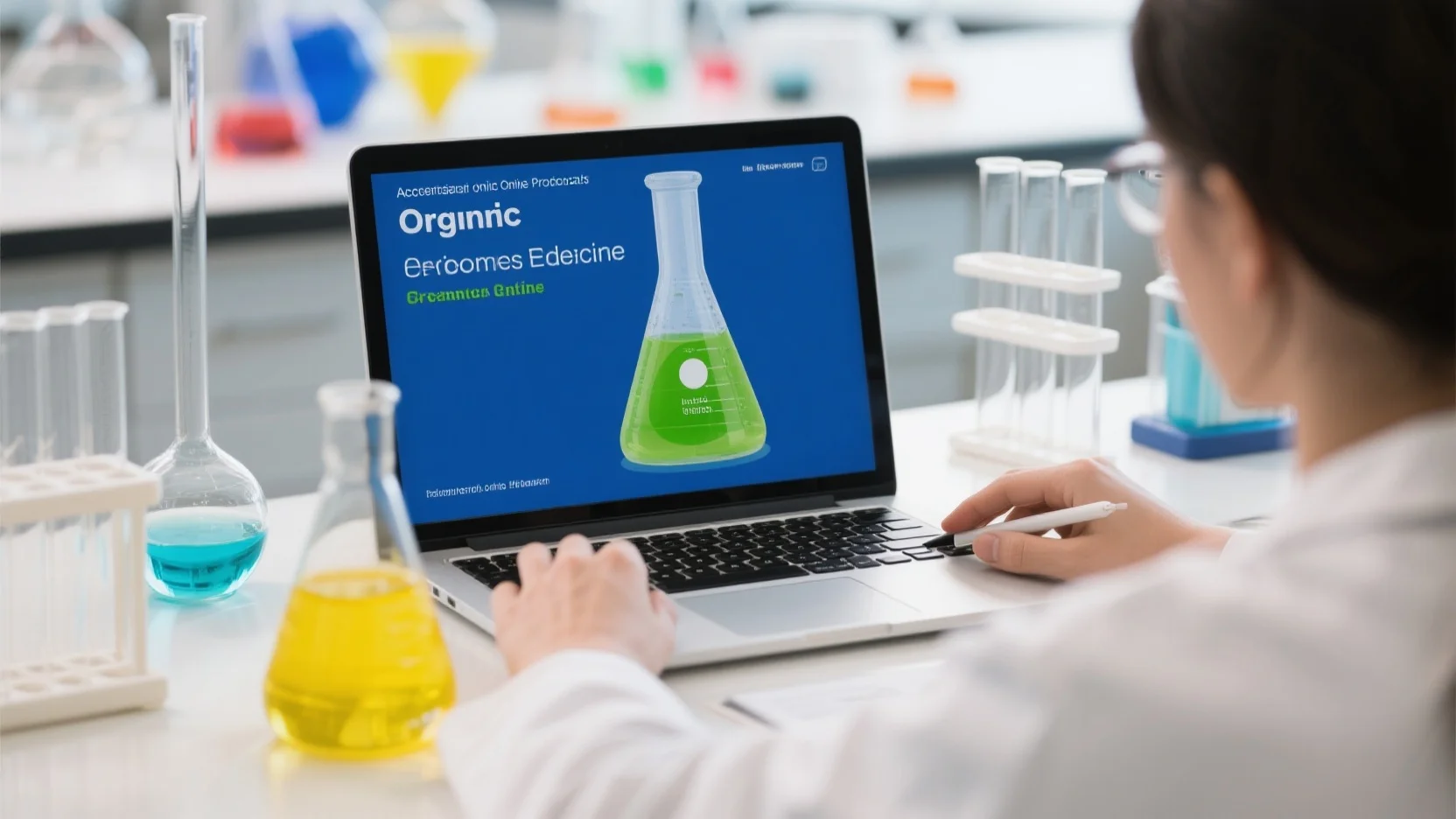
Biochemistry
Core concepts
Principles of Biochemistry courses integrate an introduction to the structure of macromolecules and a biochemical approach to cellular function. Topics addressing protein function include enzyme kinetics, the characterization of major metabolic pathways and their interconnection into tightly regulated networks, and the manipulation of enzymes.
An actionable tip here is to create mind maps for each metabolic pathway. This will help you visualize the interconnections and understand the flow better. For instance, a group of students used mind maps to study glycolysis and found that they were able to remember the steps more effectively. According to a recent educational study, students who use visual aids like mind maps have a 25% higher retention rate in biochemistry courses.
Top – performing solutions for learning biochemistry online include courses from leading universities available on platforms like edX. These courses often come with interactive quizzes and assignments to reinforce learning.
FAQ
What is an accredited online chemistry degree?
An accredited online chemistry degree is a program that meets high – quality standards recognized by employers and other educational institutions. According to Forbes (August 10, 2022), proper accreditation is crucial for further education and employer recognition. Bodies like the American Chemical Society (ACS) and ABET accredit these programs. Detailed in our [Accredited programs] analysis, it’s essential to verify accreditation for a widely – accepted degree.
How to choose the right accredited online chemistry program?
First, check the accreditation status with bodies like ACS or ABET. Second, review admission requirements, such as relevant chemistry courses and GPA. Third, look at student reviews on platforms like Online Degree Reviews. According to educational experts, programs with industry connections can enhance job prospects. See our [Accredited programs] section for more details.
Steps for excelling in online organic chemistry courses?
- Start with introductory courses on platforms like Khan Academy.
- Use laboratory simulations to enhance practical skills.
- Make use of online calculators for solving problems like chemical equilibrium.
Clinical trials suggest that these steps can improve understanding. Detailed in our [Organic chemistry] analysis, they can give you an edge in the course.
Biochemistry online degrees vs. analytical chemistry online programs: What’s the difference?
Biochemistry online degrees focus on macromolecules, metabolic pathways, and enzyme kinetics. Analytical chemistry online programs cover chemical equilibrium, modern laboratory techniques, and clinical applications. Unlike biochemistry, analytical chemistry emphasizes techniques for diagnosis and research. See our [Comparison of online courses] section for a more in – depth look.
